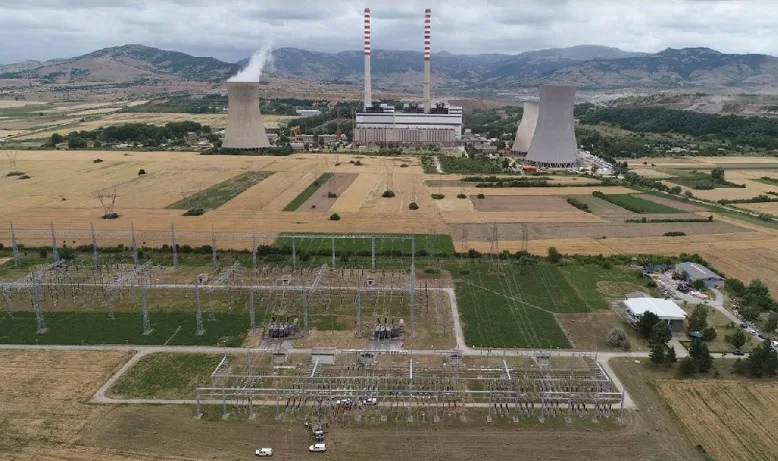Renewable Power-to-Heat in the Bitola Region
Conducting a feasibility study on the conversion of a district heating system to renewable power-to-heat, serving as a basis for investment activities and upscaling.
Coal Phase-out Energy Policy Energy Transition Energy Transition and Climate-Neutral Buildings Municipalities Renewable Energy

Project info
North Macedonia
11/23 - 10/25
Local governments, National governments, Regional governments, Consumers, Private sector, Non-governmental organisations
244,647.60 €
Contact info
Vesna Nedelkovska
- 100 percent renewable foundation
Background
According to the EU’s Strategy for Energy System Integration, the share of electricity in heating demand should increase to 40 per cent by 2030. District heating networks offer great potential for rapidly reducing CO2 emissions. However, decarbonising these systems requires fundamental economic and technological changes such as new heating business models and grid access for renewable energy.
The North Macedonian region of Bitola is part of the Initiative for coal regions in transition in the Western Balkans and Ukraine, which supports the region’s transitions to a low-carbon economy. A district heating network, currently under construction, is to be powered by steam from a nearby coal-fired power plant. Decarbonising the system could be realised with the use of large-scale heat pumps supplied with as much renewable energy as possible.
Project
A feasibility study is carried out to pave the way for a climate-neutral district heating network in the Bitola region. It will provide guidance on how to design a successful transformation of the heating sector and clarify several barriers related to infrastructure planning, investor’s involvement and capacity development. It will also present a basis for future public and private investment, the potential of which has not yet been fully realised for power-to-heat projects.
The results of the study should also help in obtaining funding from the Instrument for Pre-Accession (IPA) to support the decarbonisation of the region’s district heating system. They will also serve as an example of good practice for local and regional policy makers, NGOs, investors, energy utilities and citizens as end users in North Macedonia, across the Balkans and in Europe in general. Outreach activities include the dissemination of information on the social and economic benefits of a decarbonised heating system for regional development.
Last update: July 2024
